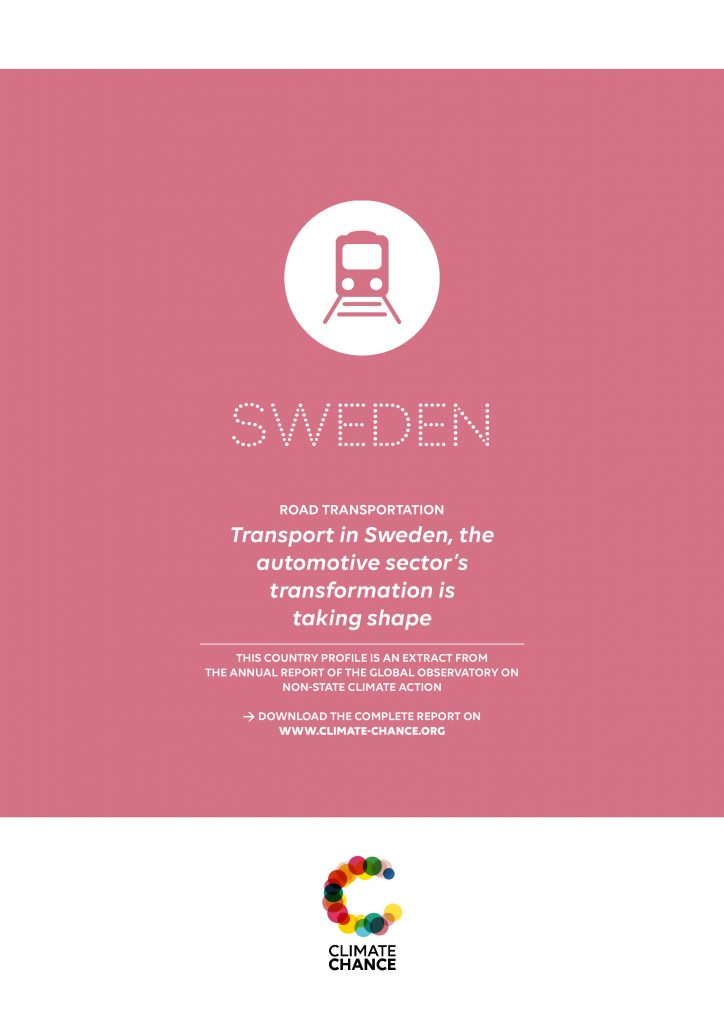Sweden • The automotive sector’s transformation is taking shape
In a European context marked by an almost universal increase in CO2 emissions from motor transport, Scandinavia, and especially Sweden, is demonstrating that this evolution is not inevitable by showing a significant and regular decrease in emissions.

Introduction
In a European context marked by an almost universal increase in CO2 emissions from motor transport, Scandinavia, and especially Sweden, is demonstrating that this evolution is not inevitable by showing a significant and regular decrease in emissions. In this chapter we have tried to analyse the factors related to this evolution, and in particular the links between the Swedish government’s long-standing and very proactive policy on carbon taxation, and the strategy of the economic players. This case study ultimately attempts to answer this important question: to what extent are the elements of success of the Swedish stakeholders’ strategy sustainable and reproducible?
Contents
1 • Accelerated decline in domestic transport emissions
2 • The Swedish state’s proative policy in the transport sector
3 • A reduction of emissions backed by the development of the biofuels sector
The rise of the Swedish biofuels sector
HVO biodiesel enabling European targets to be exceeded
4 • An environmental assessment of Swedish biofuels: to be evaluated
5 • The evolution of the Swedish car fleet
An increase in the fleet does not lead to an increase in emissions
Super “green cars” and the proactive industrial policy of the manufacturers
SUVs contrasting with the positive trajectory of the Swedish car fleet
Conclusion
In conclusion, Swedish national policy has given stakeholders in the various road transport sectors a strong incentive base for their investments in technological innovation in both vehicle and biofuel performance. However, the Swedish situation presents contradictory trends, as evidenced by the development of the diesel SUV market and the increase in car journeys, despite traffic limitations in urban areas. The issue of accounting for CO2 emissions related to biofuel consumption in Sweden will be central in the coming years. Changes to supply (especially for palm oil) and relocation of production will be essential choices if Sweden is to demonstrate the sustainability of its biofuel-based strategy for reduction of emissions, which for now appears to be a temporary solution and one which is not reproducible on a global scale. How these contradictory trends develop will determine whether Sweden will be tomorrow’s showcase for climate-compatible road transport.



